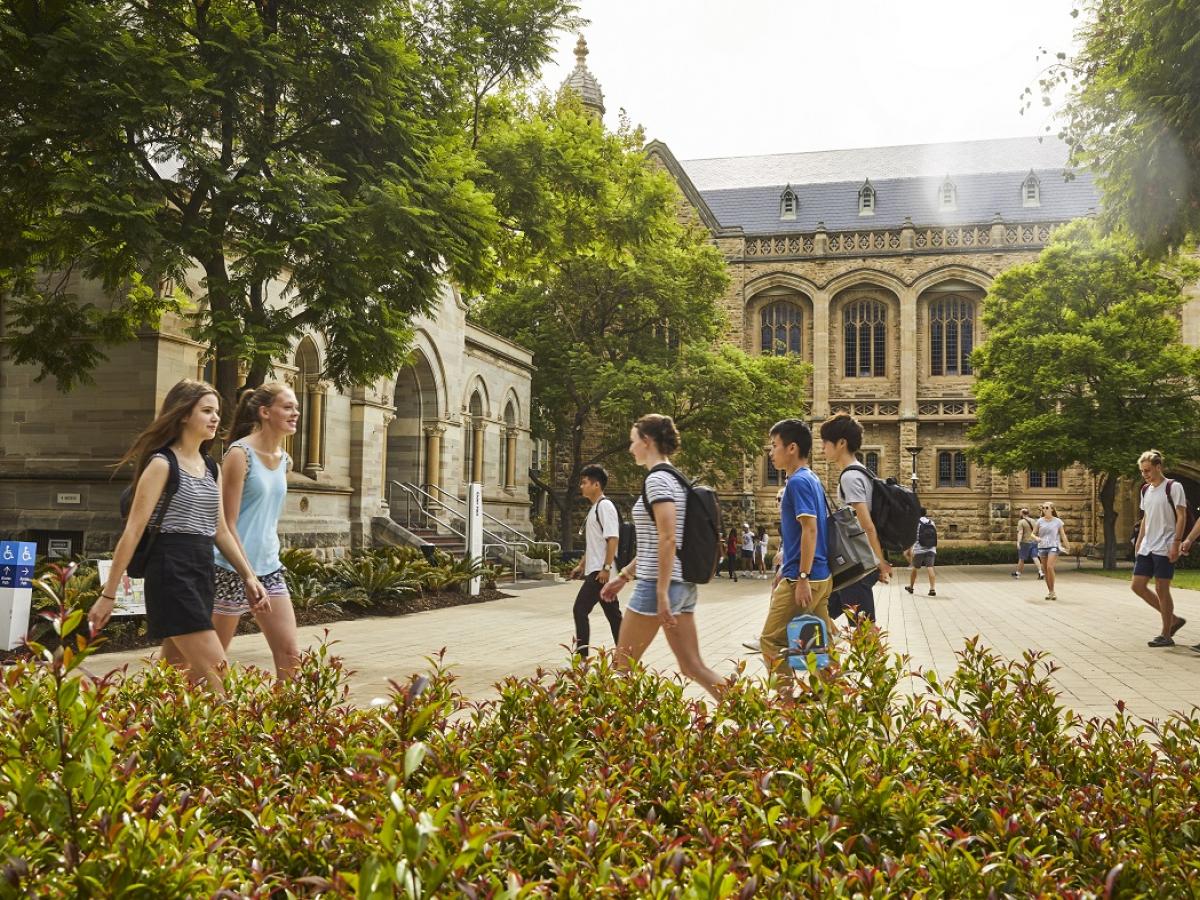Fellowships develop links with industry

The University of Adelaide has been awarded more than $1.2 million in funding to bring three exciting research projects to life as part of the Australian Research Council (ARC) Early Career Industry Fellowships scheme.
The Early Career Industry Fellowships scheme aims to develop industry collaboration skills of early career researchers, and supports early career researchers to achieve translatable and/or commercialisable outcomes.
“I would like to congratulate our researchers on these three projects that are each important in their own way,” said Professor Anton Middelberg, Deputy Vice-Chancellor and Vice-President (Research), the University of Adelaide.
“As one of the leading research institutions in the country, the University of Adelaide prides itself on undertaking world-leading research that is translated into positive impact.”
The three projects are:
- Developing a deployment-ready robust controller for wave energy converters – Led by Dr Nataliia Sergiienko, School of Electrical and Mechanical Engineering, this project aims to improve the economic viability of wave energy converters that convert the power of ocean waves into electricity. It will develop deployment-ready control systems which will effectively predict, model and respond to wave activity, maximising energy production and resulting in an overall reduction in the cost of renewable energy. The fundamental knowledge gained will increase the technology readiness of wave energy and drive the next generation of wave energy converters by improving their commercial viability. The project will be delivered in partnership with Carnegie Clean Energy Limited. Funding: $448,887
- Enhancing comprehension of forensic science in the justice system – Led by Dr Rachel Searston, School of Psychology, this project aims to provide better communication strategies to improve how forensic science is explained in courts. These strategies will be developed in partnership with forensic scientists using interviews, surveys, experimental testing, and cognitive research into how forensic evidence is understood by people who are not scientists. These strategies will then be implemented through online platforms, with communication guidelines that will be available to all Australian forensic agencies. This will ensure that there are high and consistent standards of practice to assist forensic scientists when they have to give evidence in court. The outcomes will not only reduce the incidences of misunderstanding when forensic science is presented in court, but they will also result in a fairer, more reliable justice system for all Australians. Funding: $390,574
- Towards Internet of Things Enabled Automated Mushroom Cultivation – Led by Dr Wei Zhang, School of Computer and Mathematical Sciences and the University of Adelaide's Australian Institute for Machine Learning (AIML), this project aims to develop novel Internet-of-Things based learning techniques to inform the design and construction of a portable, automated system for the cultivation of mushrooms. The expected outcomes are a portable smart mushroom cultivation system that provides access to new agriculture techniques and local, fresh supplies in rural and remote areas; learning algorithms that detect mushroom ripeness and set the best environmental parameters; and a dataset of mushroom cultivation parameters. These products, and associated training opportunities through a strong focus on public and industry engagement, will benefit the industry partners and horticultural producers to improve resource efficiency, waste reduction, and overall yield. Funding: $427,111
Media contact
University of Adelaide media team: Phone: +61 (0)8313 0814, Email: media@adelaide.edu.au
